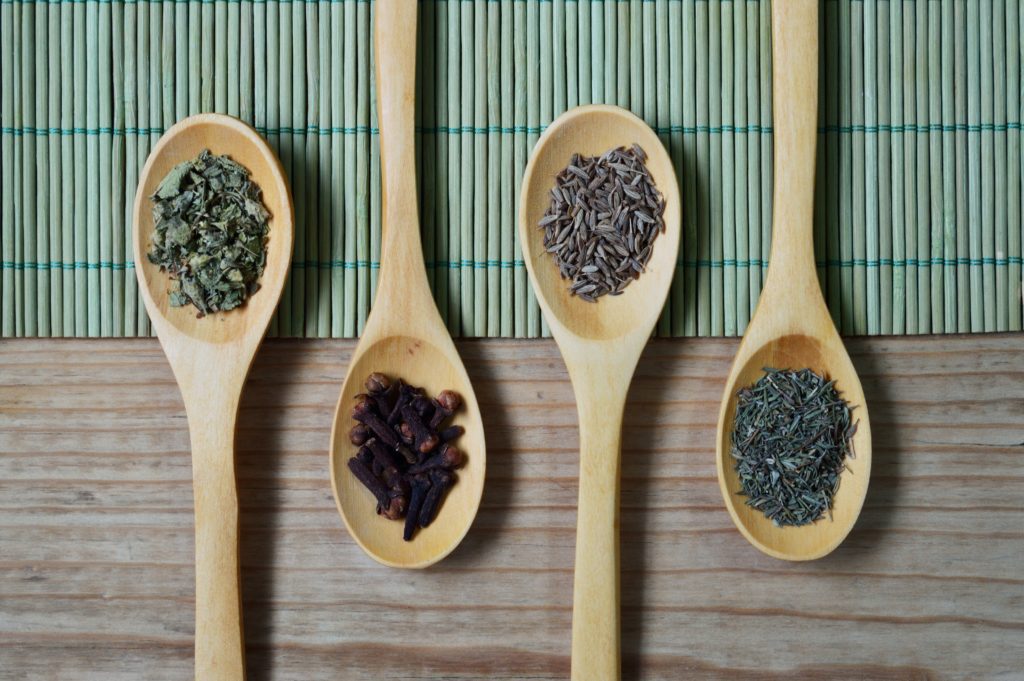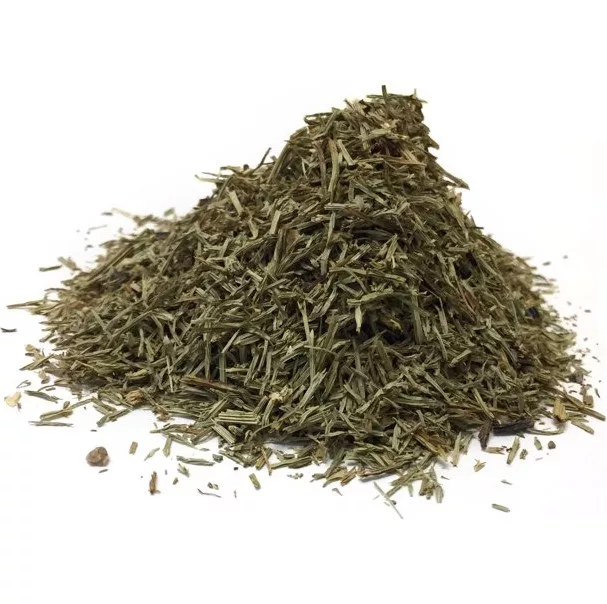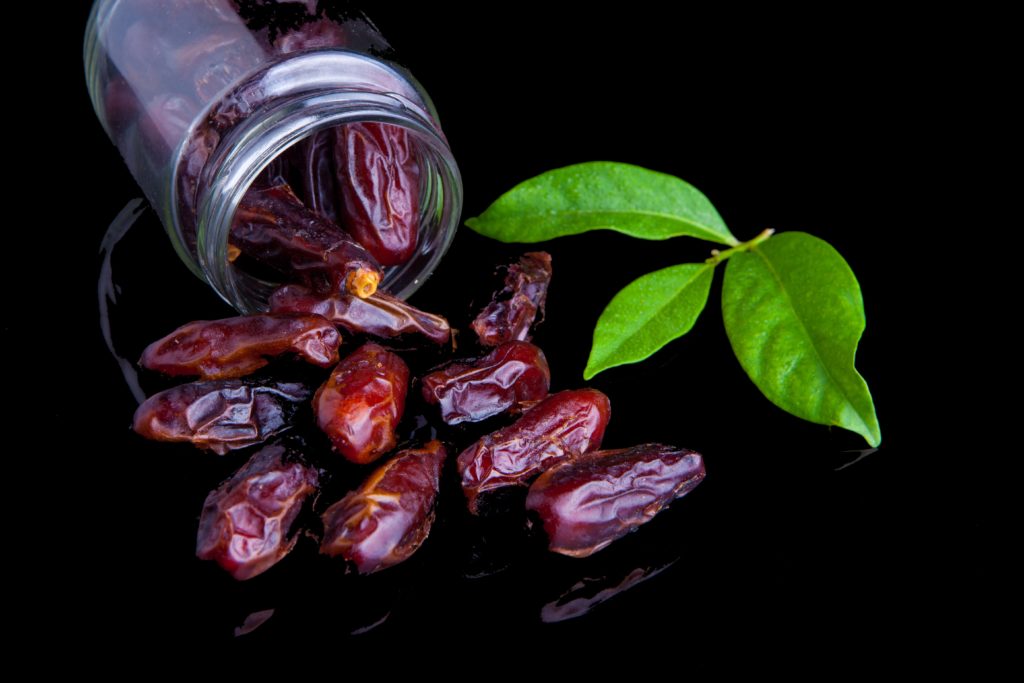
SHATAVARI: NATURE’S SOLUTION FOR FEMALE WELLNESS
WHAT IS THE HISTORY OF SHATAVARI?
Shatavari is an Ayurvedic herb that has been used for centuries in traditional Indian medicine. It is believed to have originated in India and is now widely cultivated throughout the subcontinent and other parts of Asia.
In Ayurveda, shatavari is considered a “rasayana,” or rejuvenative herb, and is used to support overall health and wellbeing. It is believed to have a balancing effect on the body and is often used to support the health of the female reproductive system.
In traditional Ayurvedic medicine, shatavari was used to support the digestive system, to promote healthy skin, and to support a healthy immune system. It was also used as a natural remedy for various gynecological conditions and as a tonic for the respiratory system.
WHAT NUTRIENTS ARE IN SHATAVARI?
Turmeric is a spice that is rich in several important nutrients, including:
- Curcuminoids (primarily curcumin): Antioxidant compounds that give turmeric its yellow color and have been shown to have anti-inflammatory, anticancer, and other beneficial effects.
- Vitamin B6: Helps the body produce neurotransmitters and red blood cells.
- Fiber: Helps regulate digestion and support healthy gut bacteria.
- Manganese: A mineral that is important for bone health and the metabolism of carbohydrates and amino acids.
- Iron: A mineral that is necessary for the production of hemoglobin in red blood cells.
- Potassium: A mineral that helps regulate blood pressure and supports proper heart function.
WHAT ARE THE BENEFITS OF SHATAVARI?
Shatavari is believed to help support the following health benefits:
-
- Reproductive Health: Shatavari is believed to help balance hormones and support the reproductive system in women. It is traditionally used to help alleviate menstrual discomfort and menopause symptoms.
- Lactation: Shatavari is believed to promote lactation in breastfeeding women.
- Stress and Anxiety: Shatavari is considered an adaptogen, which means it is thought to help the body adapt to stress and promote a sense of well-being.
- Digestive Health: Shatavari is believed to help improve digestion and relieve constipation.
- Immune System: Shatavari is believed to help boost the immune system and protect against infections.
- Cardiovascular Health: Some studies suggest that shatavari may have potential benefits for cardiovascular health.
HOW DO I CONSUME SHATAVARI?
Shatavari, also known as Asparagus racemosus, can be consumed in several different forms, including:
- Powder: The powder form of shatavari can be mixed with water or juice, taken on its own, or added to food or smoothies.
- Capsules: Shatavari is also available in capsule form, which is an easy and convenient way to consume it.
- Liquid extract: Shatavari is also available in liquid extract form, which can be taken directly or mixed with water or juice.
- Tea: Shatavari root can be dried and powdered and used to make tea.
- Tablets: Some companies manufacture shatavari in tablet form, which is also easy and convenient to take.
HOW MUCH SHATAVARI CAN I CONSUME DAILY?
In general, the typical recommended dosage for shatavari as a dietary supplement is:
- 500-1000 mg of shatavari powder or extract, taken once or twice per day.
- 1-2 capsules of shatavari powder, taken once or twice per day.
- 2-4 ml of liquid extract, taken once or twice per day.
Note: We are a small business so we used a cheat code (ChatGPT, phew, technology has come far!) to help me write this blog post. I double-checked the information contained within this post to ensure accuracy.





